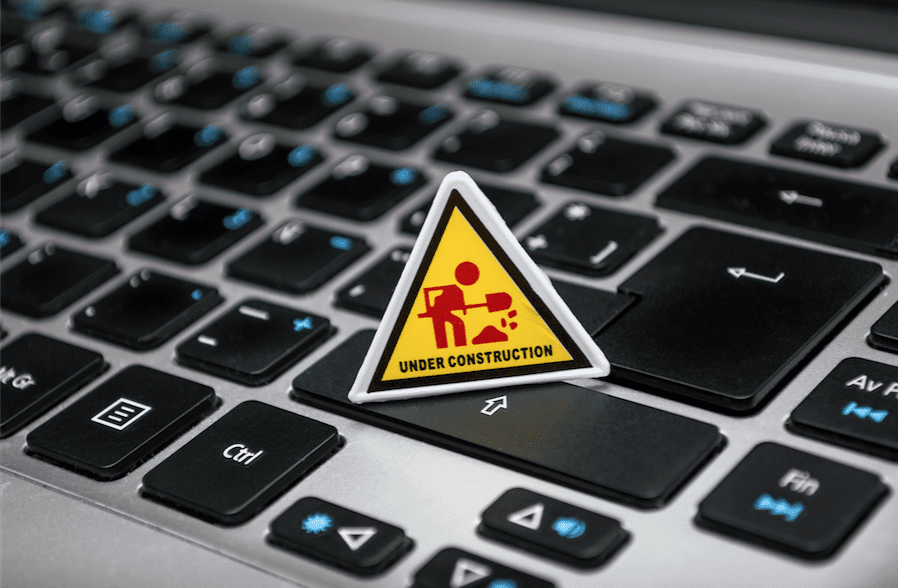by Tony Rushin
 Real estate has always been a dynamic field with rapidly changing risks, and 2017 looks to be no different for the industry. But despite upheavals in the global economy and the uncertainty of a new administration, the U.S. is currently seen as a relatively positive environment for commercial real estate and development, with plenty of opportunity for investment.
Real estate has always been a dynamic field with rapidly changing risks, and 2017 looks to be no different for the industry. But despite upheavals in the global economy and the uncertainty of a new administration, the U.S. is currently seen as a relatively positive environment for commercial real estate and development, with plenty of opportunity for investment.
Key drivers of change for the sector in 2017 include a number of tech-driven opportunities and trends that will affect everything from individual units to their communities and cities and even the way these projects are marketed and sold.
The Internet of Things
IoT, as it is commonly called, offers benefits to builders, investors and property managers. Consumers are increasingly demanding “smart” and “connected” buildings, appliances and systems that depend on IoT. Tools like sensor technology allow property managers to gather real-time data and make informed decisions about energy, traffic flow and other areas that affect their properties. This kind of technology provides advantages in addressing energy use and sustainability issues as well as convenience to end users and managers, and is set to become a major selling point as developers look to lease and sell properties. In addition, networked regions that offer residents benefits like up-to-the-minute parking and transportation information attract attention from potential startups and job seekers, so developers need to closely monitor cities that are investing in this technology.
Cloud and Mobile Technologies
Cloud-based data and communication give developers, investors and managers instant access to current information. IoT depends on the cloud, as do techniques such as electronic signatures and other tools that speed and streamline the industry at all levels. With mobile technology, cloud-based systems allow project managers and other stakeholders to access key data, share information and communicate with one another without delay, from their job sites and offices across the globe. Whether it’s for project management or completing a transaction, cloud and mobile technologies make real estate-related actions faster and more convenient.
Cybersecurity
With additional exposure to internet-based systems comes an increase in cyber-risk. Companies in real estate face potential threats through building management systems, financial systems, cloud-based collaboration and data management tools and many other points of vulnerability, as more participants rely on technologies that can be hacked. This higher threat level elevates cybersecurity to a prime area of concern for everyone from investors to engineers. Proper training for staff and users must be a priority, as well as professional support to establish safeguards and monitor systems for malware, security risks and potential data breaches.
Virtual Reality
When most people hear the term “virtual reality,” they think immediately of games and entertainment. While those are popular uses for the technology, VR is an area rich with opportunity for commercial real estate professionals. Feel like walking through a development while it’s still in the blueprint stage? No problem. Want to create a powerful marketing experience that allows potential buyers or lessees to immediately see an entire development, inside and out, from your website? Virtual reality can do all this and more. Though the technology is expensive right now, costs are dropping quickly.
Technology offers many different opportunities and benefits for the commercial real estate industry in 2017, and brings risks as well. Keep these technology trends in mind to help you complete your projects faster, compete more effectively and reach your business goals this year and beyond.





